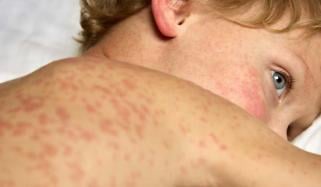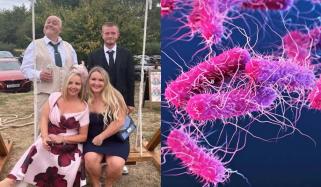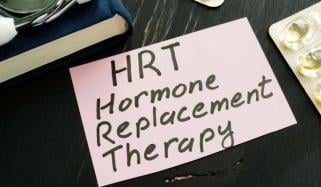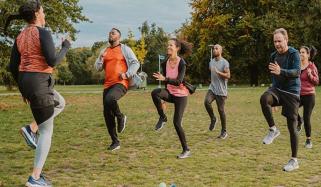
A groundbreaking study found a surprising link between grandparents’ education and their grandchildren's biological age.
According to Science Alert, researchers from Drexel University, the University of California, and the University of North Carolina studied data across three generations and discovered a connection between grandparents’ education and the third generation’s biological health.
The lead author of the study, Agus Surachman, said, “The research community has established a link between how social factors, socioeconomic factors, and childhood adversity can contribute to health trajectories.”
He further added, “We know from animal studies that health is transmitted across several generations, from grandparents to grandchildren. But we now have robust human data that shows that not only do parents’ socioeconomic factors play a role in their children’s health, but that influence goes back an extra generation as well.”
The study published in the journal Social Science and Medicine revealed that the grandkids of the college-educated grandparents age slower than those whose grandparents did not attend college.
"The researchers wondered if the mother's health played a role in how her parents' education level affected her children's biological age. They looked at the mother's health during childhood and adulthood, including her weight, heart health, and inflammation levels. They found that the mother's health explained about 15% of the connection between grandparents' education and their grandkids' biological age."
Elissa Epel, senior author of the study, explained, “The link between a grandparent’s socioeconomic status and a grandchild’s epigenetic age is a remarkable finding across generations.”
He noted, “This opens up a myriad of possible explanations and will need to be replicated. For now, we know that the mother’s poorer metabolic health is a partial mediator of this relationship.”
Surachman asserted that in the United States, everyone ‘overemphasised' the ‘individual responsibility when it comes to health’ but in reality, ‘health is much more complex than that.’















